Slip and fall accidents on private property are bound to happen and are a calculated risk for anyone who wants to run a business. But sometimes, business owners are not liable for the trips, slips, and falls happening on their premises, and slip and fall victims might see their cases dropped.
When A Business Is Liable for a Slip and Fall
If a customer got injured after slipping, tripping, or falling on a business’ premises, he or she is entitled to compensation if he or she can prove that:
· The business owner had a reasonable duty of care to keep the premises clear of obstacles and other hazards that might cause a slip and fall accident.
· The duty of care has been breached.
· The breach caused the victim’s injuries and losses.
· The business owner had known about the hazardous conditions that might cause an accident on his or her business premises.
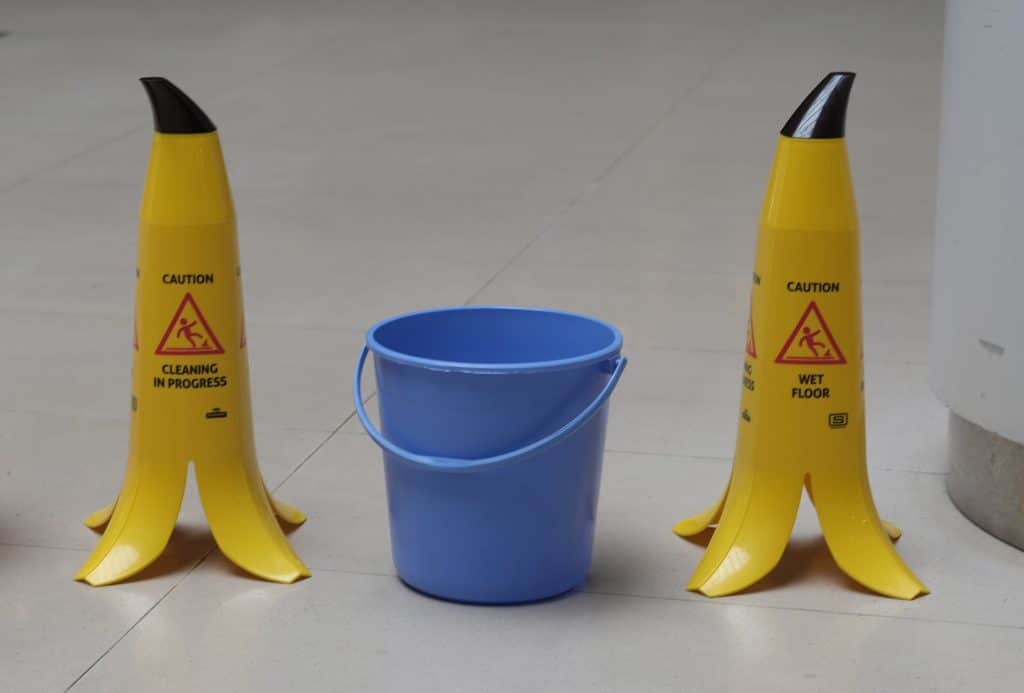
Suppose a person injured on private property can prove all these elements. In that case, that person can win a personal injury case against a negligent property owner and get compensation through trial or a settlement.
When Businesses are NOT Liable for Slip and Falls
A business is usually not liable for the slip and fall accidents happening on its premises if the business owner was not at fault for the accident. Property owners, including business owners, have a duty of care to keep their property clear of hazards that might cause a slip and fall. For instance, if there is a crack in the entryway’s pavement, the business owner must fix the crack in a timely manner. If they fail to do so, and a customer falls because of it, the business owner can be sued for compensation.
However, the duty of care needs to be reasonable. The duty of care is the main reason you see wet floor signs in a shop. But if the floor is slippery because a customer has spilled milk in an aisle and another customer slipped on it five minutes later, the business owner is not liable for the injuries caused. It wasn’t reasonable for them to have had notice of the slip and fall hazard in such a short time frame.
So, if the business regularly cleans its premises to prevent hazardous conditions, performs routine inspections to remove obstacles, fixes any conditions that could cause a slip and fall accident, warn clients of wet floors, removes snow and ice from heavily trafficked areas, places mats and rugs in the entryways when it is raining or snowing for extra traction, it means that the reasonable duty of care was not violated, and the business is not liable for a slip and fall accident on its premises.
Sometimes to prove duty of care violations, customers may need to hire an expert witness to establish the usual safety standard in a particular situation.
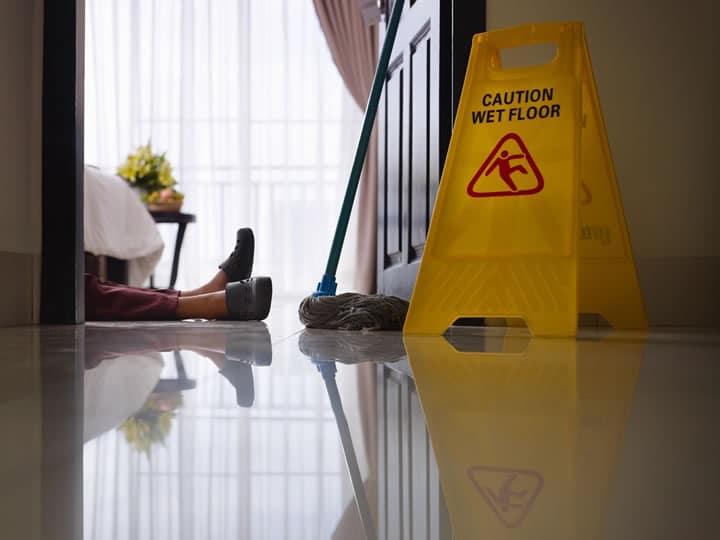
Businesses are not liable for slips and falls if the accident was not caused by a breach of the business’ duty of care. For instance, if there is a crack in the pavement of a parking lot, but the victim falls because he or she tried to avoid a reckless driver leaving the place, the business cannot be sued for the accident as it wasn’t the business owner’s job to prevent the danger (reckless driver).
The business is not liable for a slip and fall accident on its premises, even if the accident was caused by a danger the business owner or manager was supposed to prevent, if there was no harm done to the customer.
For instance, someone might slip or fall in a shop because the elevator’s automatic doors closed too fast, but no injuries or property loss were caused. The victim cannot bring a personal injury claim against the business just because the incident scared them or caused an inconvenience.
In Conclusion
Businesses cannot be held liable for slip and fall accidents on their premises if there was no danger on the property that the business owner had a reasonable legal duty of care to prevent. Businesses are not liable if there were no injuries or the duty of care violation didn’t cause the accident, either. That is why a slip and fall case is often hard to win even if there were situations that can make for a slip and fall claim. Only an experienced slip and fall accident attorney can help victims learn whether their case has any merit or not.

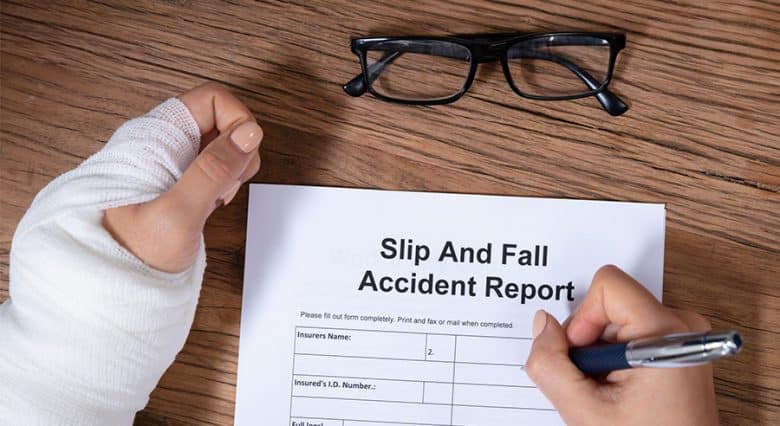







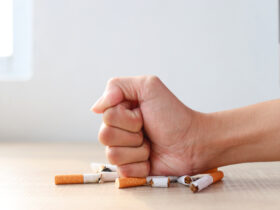


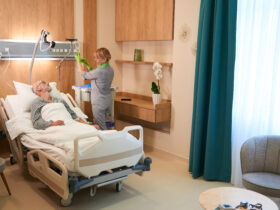

Leave a Reply